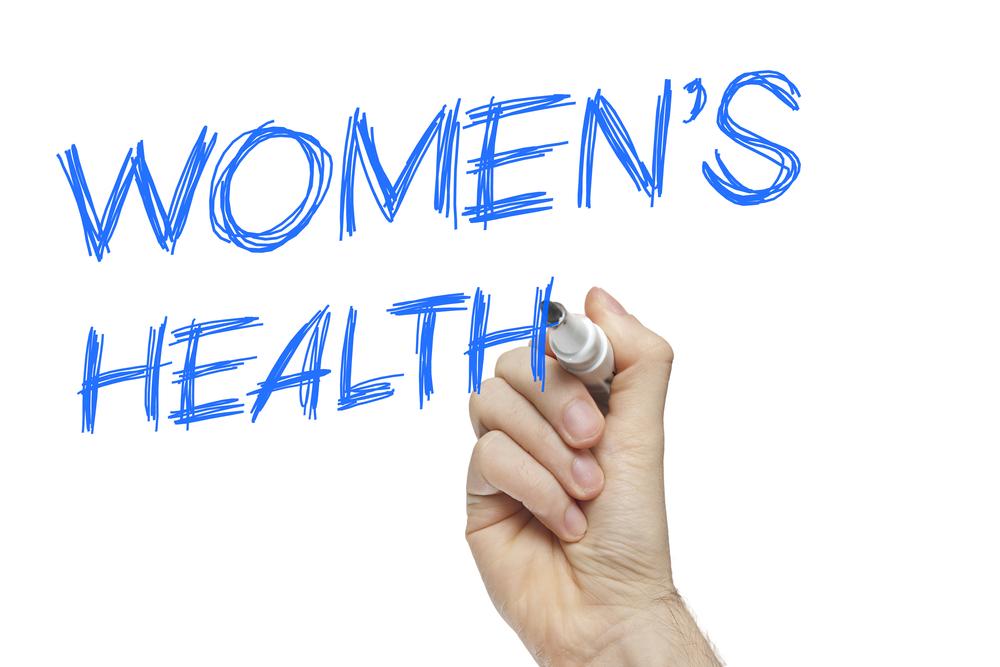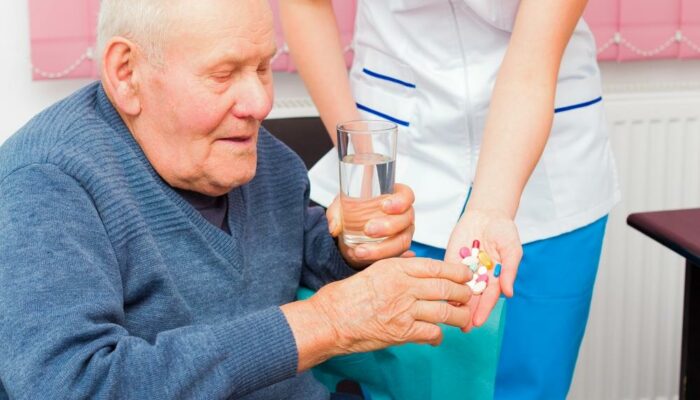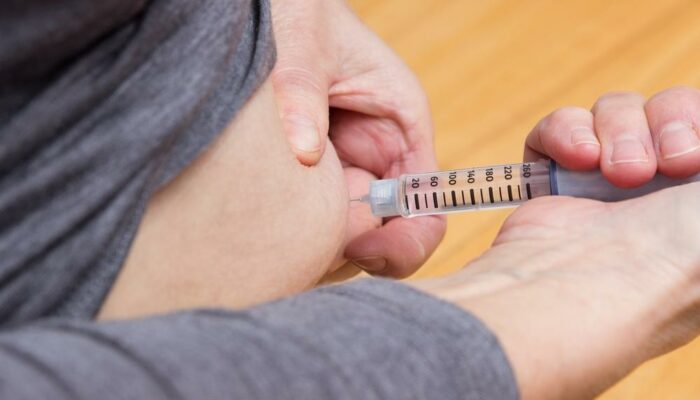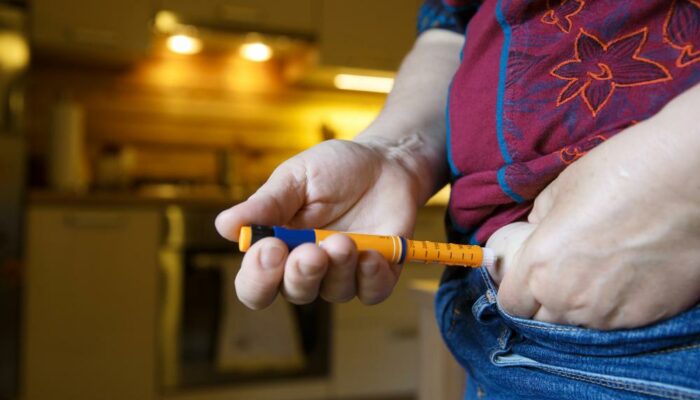
Signs and Symptoms of Menopause
A biological process, menopause indicates the end of menstrual cycles. It occurs when you get no periods for 12 consecutive months. As you age, your body’s hormone levels go down naturally that causes the ovaries to stop producing eggs. Usually, a menopause will begin affecting you in your mid-forties or fifties. For most women, the strenuous part of menopause is the physical and emotional changes that come along with it. Read further to know more about signs and symptoms of menopause.
- Irregular periods
Before the periods completely stop, they might become intermittent. Likewise, it could last longer or shorter than the normal pattern and the flow could even be much lighter or heavier. - Hot flashes
Numerous women going through menopause have to deal with hot flashes on some or all parts of the body get hot. Additionally, the skin might turn reddish and one may feel flushed or sweaty. A hot flash can last anywhere from 30 seconds to 10 minutes. - Disturbed sleep
Menopausal women often find it difficult to sleep peacefully. This could happen due to mood swings or a hot flash right in the middle of the night. Therefore, during such situations, one should embrace healthy habits like eating the right meals and sleeping at the right time. Adjusting the room temperature before sleeping could also make a huge difference. - Vaginal dryness
A stark decline in the production of progesterone and estrogen can cause vaginal dryness. Due to lack of lubrication, women could experience itching, burning and stinging sensation in the vagina. To fight dryness, women can make use of OTC water-based lubricants or a vaginal moisturizer. - Urge to urinate frequently
Even without having a full bladder, women might have to make frequent rounds to the bathroom. Some women could also suffer from painful urination. This happens because during menopause, the urethral and vaginal tissues’ elasticity wears out and their lining becomes thinner. - Urinary incontinence
Some women going through menopause can also be agonized by urinary incontinence. Therefore, to combat it women should abstain from severely dehydrating beverages including alcohol and caffeine. Similarly, Kegel exercises can be used to strengthen the pelvic muscles. - UTI
Menopause can make certain women more vulnerable to urinary tract disease (UTI). This primarily occurs due to significant changes in the vagina and urethra. However, it can be treated successfully with antibiotics and self-management measures. - Behavioral changes
Fluctuations in the hormones causes severe mood swings. Women typically complain of experiencing feelings associated with irritability, anger, and depression that sway between extreme lows to highs in a brief period. - Changes in skin and hair texture
The texture of the skin and hair may also modify due to the dwindling hormone levels. The skin might appear drier and saggy, due to the loss of collagen and fatty tissue. Likewise, the hair might also lose its luster and become brittle. - Vaginal atrophy
Vaginal atrophy is a condition that leads to the thinning and inflammation of the walls in the vagina due to the considerable fall in estrogen levels. This can develop vaginal dryness and also cause pain while having intercourse.
Of lately, if you have been observing the symptoms stated above persistently, then consult a gynecologist.




